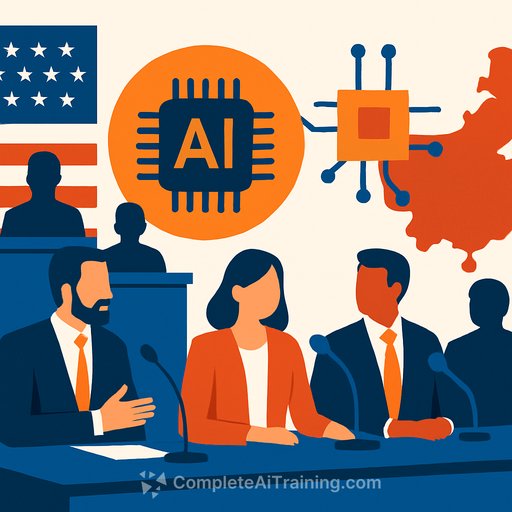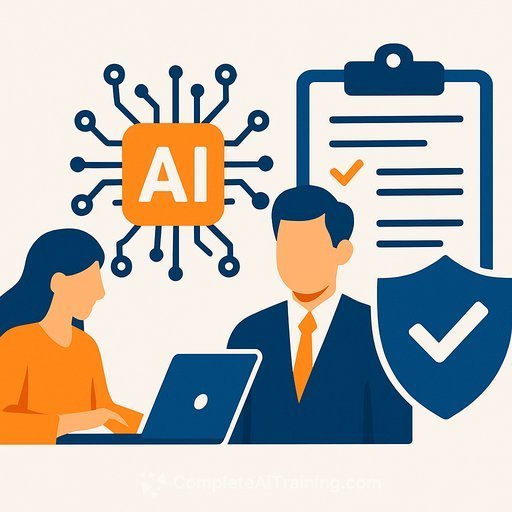U.S. Congress Engages OpenAI, Microsoft, and AMD Leaders to Strengthen AI Strategy Against China
Top executives from OpenAI, Microsoft, AMD, and CoreWeave recently met with U.S. lawmakers to discuss how America can maintain its lead in artificial intelligence (AI) amid growing competition from China. The focus was on investing in energy, data infrastructure, and AI chip capacity, as well as reevaluating current export controls that may be hindering innovation.
Key Recommendations from Tech Executives
During a Senate Commerce Committee hearing on May 8, 2025, these tech leaders emphasized the critical role of infrastructure in supporting AI growth. Sam Altman, CEO of OpenAI, highlighted the surge in demand for computing power, chips, and energy as AI adoption expands.
Brad Smith, President of Microsoft, stressed that existing U.S. technology infrastructure is outdated and insufficient to meet the increasing power requirements from AI, manufacturing reshoring, and electrification efforts. He noted, "The number-one factor that will define whether the U.S. or China wins this race is whose technology is most broadly adopted in the rest of the world." Smith also raised concerns about Chinese propaganda and data privacy risks, pointing out that Microsoft has restricted employee use of the Chinese-owned DeepSeek platform.
Smith called for streamlined federal permitting for energy projects and expanded access to government datasets to aid AI model training. Michael Intrator, CEO of CoreWeave, added that data centers could consume up to 12% of U.S. electricity by 2028, underscoring the need for sustainable energy infrastructure.
Lisa Su, AMD’s CEO, emphasized integrating AI more broadly into everyday devices, which will require significant improvements in infrastructure to support such scale.
Export Controls and Global Competitiveness
The hearing also covered U.S. export controls on AI chips. Executives argued that while these controls aim to restrict China's access to advanced technology, their complexity might unintentionally hamper U.S. innovation and global competitiveness.
Brad Smith criticized current regulations as overly complicated, suggesting they may advantage Chinese firms like Huawei by limiting U.S. companies' ability to compete internationally. He advocated for a more balanced export policy that protects national interests without restricting global adoption of American AI technologies.
In response to concerns about chip smuggling, Representative Bill Foster is preparing to introduce stricter regulations for unauthorized exports of Nvidia AI chips. His proposal includes on-chip location verification to prevent unauthorized devices from functioning.
What This Means for Strategy Leaders
- Infrastructure investment: Prioritize funding for energy and data infrastructure to support AI growth.
- Policy reform: Advocate for clearer, more balanced export controls to sustain U.S. competitiveness abroad.
- Security measures: Support initiatives like on-chip verification to prevent technology leakage.
- Global adoption: Focus on enabling broad international use of U.S.-developed AI tech as a strategic advantage.
Executives and strategy leaders should monitor these developments closely, as they will influence the competitive landscape and regulatory environment in AI technology.
For those looking to deepen their understanding of AI strategy and infrastructure, exploring targeted training options can be valuable. Resources like Complete AI Training offer courses tailored to skills and leadership in AI technology.
Your membership also unlocks:





